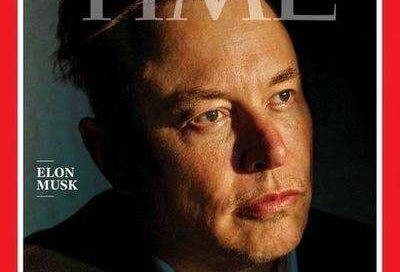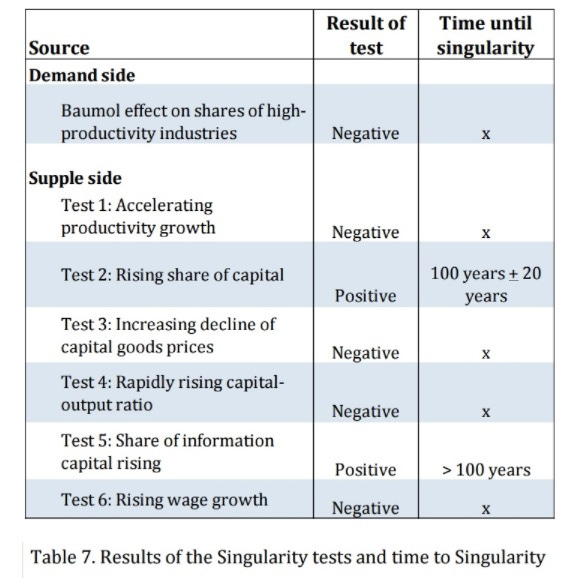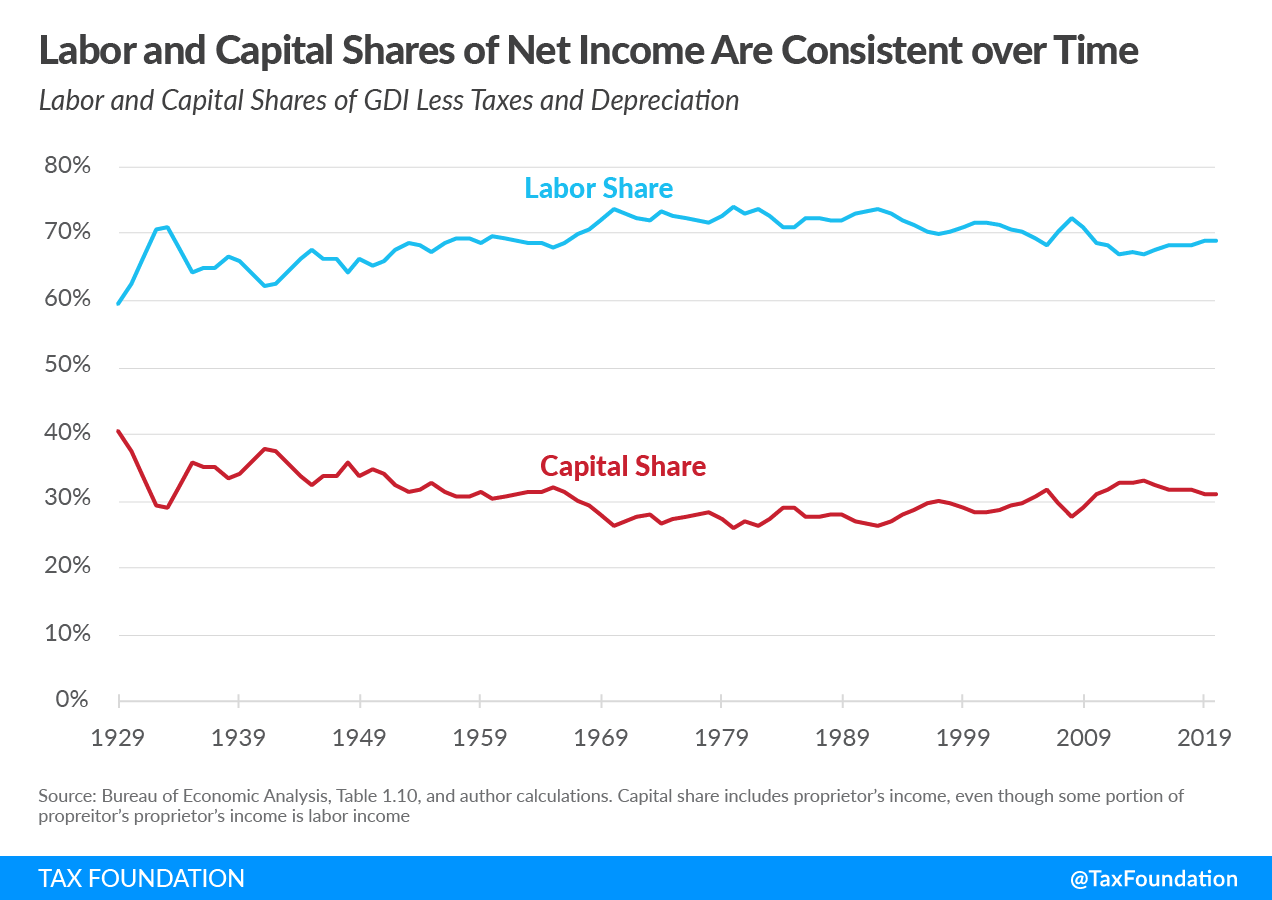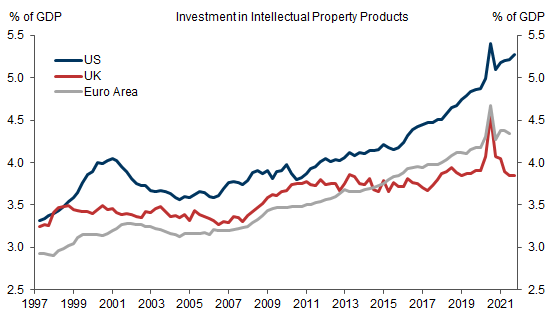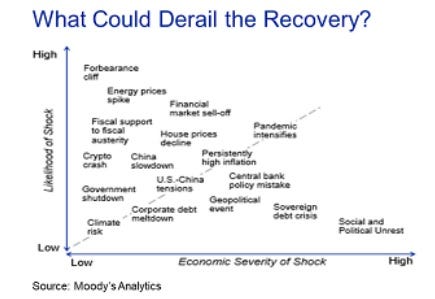🌟 I was interviewed for Time’s Elon Musk ‘Person of the Year’ issue. Here’s what I said.
Also: Are we finally approaching the Singularity? An update.
“Can you believe that thing, or something like it, is going to take people to another planet for the first time in 4.5 billion years? I mean, probably. It may not work. But it probably will.” - Elon Musk on his Starship rocket, as quoted in Liftoff: Elon Musk and the Desperate Early Days That Launched SpaceX by Eric Berger
In This Issue
Short Read: I was interviewed for Time’s Elon Musk “Person of the Year”issue. Here’s what I said.
Long Read: Are we finally approaching the Singularity? An update.
Micro Reads: 2022 outlook; super-vaccines; China’s big flaw; and more ..
Short Read
🌟 I was interviewed for Time’s Elon Musk “Person of the Year” issue. Here’s what I said.
Time magazine’s Person of the Year issue is a 20th-century media institution that we still seem to care about it. Of course, some of us didn’t like the selection of Elon Musk as the 2021 POY. Setting aside complaints from the “billionaires shouldn’t exist” crowd, I can see the case for instead choosing vaccine scientists, a group selected as the Heroes of the Year. Or even the US Capitol Police for their defense of both democracy and human life. That said, Time makes a pretty strong case for the richest private citizen in history, documenting why 2021 was “the year of Elon Unbound” and comparing the boss of Tesla and SpaceX to Watchmen’s Doctor Manhattan, “the brooding, blue-skinned man-god who invents electric cars and moves to Mars.”
And since Time reporter Molly Ball interviewed me for the Musk profile — not telling me it was for POY, though I suspected as much — and then quoted me, I’m especially glad Musk was chosen. Even more so for the quote that made it into the piece:
James Pethokoukis, an economic analyst with the conservative-leaning American Enterprise Institute, thinks Musk does have a coherent politics, whether or not he articulates it. “The reason it’s confusing is it’s not on the traditional left-right spectrum,” he says. “It is a politics of progress.” At a time when segments of the right and left alike champion protectionist populism — from Republican Senator Josh Hawley’s hostility to free trade to Bernie Sanders’ redistributionism — this puts Musk at odds with both. “It is a view that says the solution to man’s problems is growth and technological progress and maximizing human potential,” Pethokoukis says. “It’s not a view fully represented by either side in this country.”
Now, I said a lot of things in the interview, including about the importance of Tesla and SpaceX in moving us closer to achieving the energy and space dreams of the postwar techno-optimists and futurists. (I also mentioned how some in Silicon Valley roll their eyes at Musk the Provocateur and Showman). But here’s why I like the above quote: We need a politics that supports progress. (“Progress isn’t natural,” is how economist Joel Mokyr puts it.) Stasis will always have its defenders, from the guilds of preindustrial Europe to those on the left and right today who scowl at tech progress and economic growth as bad for equality, the environment, workers, and community stability.
But Musk’s accomplishment suggests a path forward by showing how progress — generated through creative and imaginative risk-taking by both government and the private sector in their proper roles — can tackle major societal challenges. And if progress also happens to create some new problems, more progress will solve those, too. Rinse and repeat. Civilization moves forward. Musk is a great POY pick. And I’m glad Time reached out to me for.
Long Read
⏩ Are we finally approaching the Singularity? An update.
Maybe we’re in the early years of a New Roaring Twenties of rapid economic and productivity growth — a possibility about which I have previously written, including in the previous issue of Faster, Please!: “We just saw the worst US productivity growth since 1960. But don’t freak out!” But what about something greater than a mere Roaring Twenties 2.0? Maybe advances in AI, biology, energy, robotics, and space are setting the stage for growth that is multiples faster than what America has ever experienced. Maybe even ever-faster exponential growth.
The whole thing sounds science-fictional, but a Nobel laureate economist thinks it a subject worth exploring. In his 2015 paper “Are We Approaching an Economic Singularity? Information Technology and the Future of Economic Growth,” William Nordhaus tried to create a simple model that might hint if such warp-speed acceleration were near. (The Nordhaus definition of Singularity: “The idea here is that rapid growth in computation and artificial intelligence will cross some boundary or Singularity, after which economic growth will accelerate sharply as an ever-increasing pace of improvements cascade through the economy.”)
This is his basic model, from which arise several tests of whether we are rapidly approaching Singularity:
Singularity can arise from either the demand or the supply side. Both are the results of substitution toward high-growth inputs or outputs and away from stagnant inputs or outputs. On the demand side, Singularity would occur if preferences are such that consumer spending move increasingly toward high-productivity-growth industries as relative prices change. This is Baumol’s cost euphoria. On the supply side, Singularity would occur if production has sufficient substitutability that the input bundle moves toward rapidly improving information capital as growth proceeds. Both, as we will see, will lead to rapid growth over time.
A Singularity-curious economy should see us spending more money in major IT sectors versus low-productivity, labor-intensive sectors such as healthcare and education, accelerating total factor productivity (a short-hand measure of an economy’s innovativeness), a rising share of national income going to capital, more of the capital stock being computers and software, and very fast wage growth. Nordhaus: “The key question for Singularity is the substitutability between information and conventional inputs. The tests suggest that the Singularity is not near.” Even the positive results showed progress to be excruciatingly slow, as the below chart from the paper shows.
Are we any closer today? Well, the pandemic has really scrambled the economic numbers since 2019. But as we entered the pandemic, the prospects didn’t look much better than when Nordhaus wrote the paper. In 2018 and 2019, TFP had its best showing since the early 2000s, but still slower than the historical average. We also saw modestly accelerating wage growth. But neither screams Singularity is nigh. There’s even an alternate view of one of his positive factors, a rising capital share. This version uses gross domestic income, basically what we earn from generating GDP, but subtracts out taxes and depreciation since it’s “income” that doesn’t go to individuals. And it shows the shares of both capital and labor to be pretty steady. From the Tax Foundation:
GDI includes two categories — taxes on production and imports less subsidies and taxes on corporate income — that go directly from business profits to the government. Further, some income does not make it to individuals or the government; instead, it is set aside to replace worn down machinery, repair broken-down buildings, and replace obsolete software. That is, GDI counts “consumption of fixed capital,” i.e., depreciation, as income — although it is really an expense, or income set aside to replace worn down assets.
On the pro-Singularity side, there was an improvement in things like software and computer investment after the 2017 tax cuts, but that faded into 2019. We’ll see how things shake out in the post-pandemic economy.
It’s also worth mentioning that Nordhaus didn’t necessarily see Singularity as a good thing, should it happen, even if the result was fast economic growth:
The development of superintelligence raises a new concern not contemplated before in the development of political and military spying and weapons. We must be concerned that to the list of adversaries will be added the superintelligent machines themselves. If we are to take seriously Good’s description above of superintelligence, we must consider that superintelligent machines will develop their own ethical systems, laws, sanctions, and governance. If we consider how much moral, legal, and economic systems have evolved over the last millennium at the slow pace of human thinking, then we would have to believe that superintelligent reasoning would evolve many times more rapidly once it began to tackle the thorny issues that human struggle with. Just as theologians worry whether a powerful God is just by our primitive human standards, we should also worry about whether superintelligent machines will be just — or more accurately, whether their sense of justice will resemble our own. If they become irritated with humans, what will they do? Will the superintelligent treat us as flies to wonton boys? So the point here is that the approaching Singularity is not one of unambiguous economic and social improvement.
Micro Reads
📈 It’s time to take stock of the 2021 economy and consider the prospects for 2022. - Mark Zandi, Moody’s Analytics | A year ago, the highly respected economist forecast that 2021 would bring real GDP growth of 4.1 percent, monthly job gains of less than 300,000 per month, and unemployment to end the year at 6.5 percent. The US economy did much better. Real GDP should end up advancing 5.6 percent for the year, the economy has so far created an average of 550,000 jobs per month, while the unemployment rate is down close to 4 percent. Zandi is more bullish about 2022 than he was 2021, so let’s hope for another upside surprise.
As it is, Zandi is pretty upbeat based on three assumptions: first, more waves of the virus, but each less disruptive than the one before; second, President Biden’s $1.75 trillion Build Back Better legislative package will “largely find its way into law in the next few weeks”; third, the Powell Fed “adeptly” manages monetary policy as it winds down its quantitative easing by spring and lifts the federal funds rate off the zero lower bound by summer. Zandi:
Next year should be another good one for the economy. We expect real GDP to grow 4.4%, monthly job gains to average 325,000, and the unemployment rate to end 2022 at 3.5%. Unemployment would fall even more, but we also anticipate a meaningful increase in labor force participation. . . . Inflation should also moderate significantly in 2022. . . . CPI inflation should slow to less than 3% by this time next year — not too far from the Federal Reserve’s inflation target. Oil and natural gas prices are already well off their highs and will fall more in coming months as supplies increase further. . . . Vehicle prices will also fall back to earth in 2022 as manufacturers get the chips they need to ramp up production and rebuild depleted inventories. Goods prices more broadly may even be falling by this time next year as supply chains right themselves and capacity in many industries expands in response to current high prices and the big profits to be had.
Zandi also includes this helpful risk matrix, which summarizes the downside in terms of the probability that the risk will manifest (vertical axis) and the economic loss if it does (horizontal axis).
⛓ Cai Xia on why China’s one-party system holds back the country - The Economist | Cai Xia was professor of political theory at the Central Party School of the Chinese Communist Party in Beijing from 1998 to 2012. Since 2018, she has lived in exile in America. This quote really summarizes why the 21st century should be another American Century another a Chinese Century. “Should” that is, if we understand the deep magic that makes America great. From the essay:
Then there is innovation, the basis of future growth. An essential precondition for creativity is respect for human dignity, protection of basic human rights, and upholding freedom of thought and speech. For China’s economic development to continue, the country needs to follow the general trend of freedom and democracy in the world. However, the one-party system is fundamentally opposed to freedom and democracy. It is not only a huge obstacle to China’s development, but a catastrophe in terms of civil liberties. The pillars of China’s one-party dictatorship are violence and terror, lies and deceit, coupled with strict surveillance.
🚇 Madrid’s modular Metro - Bent Flyvbjerg, Medium | Madrid built a subway at half the cost and twice the speed. The keys: “No monuments, no innovation, modular, and fast. Sounds like a recipe for boring, low-quality design, right? Go to Madrid and you’ll find large, functional, airy stations and trains — nothing like the dark, cramped catacombs of London and New York. It transports millions of passengers, day in and day out, year after year, exactly as it is supposed to do.”
🧠 Giant Study Finds Viagra Is Linked to Almost 70% Lower Risk of Alzheimer's - ScienceAlert | Sildenafil, commonly known as Viagra, may reduce the risk of developing Alzheimer’s disease, researchers have found. Data from health insurance claims from more than 7 million people suggest that those who used the medication were less likely to suffer from Alzheimer’s during six years of follow up: “Sildenafil users had a 69 percent reduced risk of Alzheimer's disease compared to non-users — a reduction that was notably stronger than other kinds of medications also investigated in the study.” While the study only demonstrates correlation, this finding makes sildenafil a promising candidate drug to treat neurodegenerative diseases like Alzheimer’s and Parkinson’s.
💰 New basic income schemes divide the Midwest - Financial Times | “Flush with federal pandemic funding, at least 32 US cities are piloting ‘basic income’ payouts, usually to their poorest residents.” Some are heralding these programs as a sign that a guaranteed minimum income with no strings attached can work as an effective anti-poverty tool. But others worry that such programs will disincentivize work and engender dependency. Washington reached a consensus in the Clinton era, they remind us, that government checks should be paired with work requirements.
🦠 The Hunt for a Single Shot to Defeat Omicron and All Coronaviruses - Bloomberg |
In the long run, the hardest part of developing a universal coronavirus shot may turn out to be the economics, not the science. As it stands, the most obvious business incentives run against creating and manufacturing pancoronavirus vaccines. Big companies such as Moderna and Pfizer are expected to make tens of billions of dollars this year and next selling their Covid vaccines and boosters. If variants such as delta and omicron keep emerging, the companies stand to continue profiting by tweaking their existing products with fourth, fifth, and sixth booster shots. That may give them less incentive to prioritize a panvariant shot that might just end the problem for good.
⛈ Tweetstorm of the issue:

